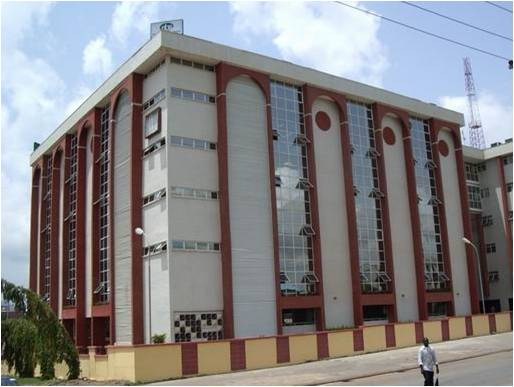Nigeria’s National Bureau of Statistics (NBS), on Thursday published the March 2018 Consumer Price Index indicating that headline inflation fell by 0.99%, the biggest in a long while, to 13.34%, as against the 14.33% in February.
The improvement was helped by the 1.51% contraction in food inflation as it dropped from 17.59% in the preceding month end to 16.08%; just as core inflation declined to 11.2% from 11.7%.
Month on month, headline inflation however rose to 0.84% from 0.79% with highest increases recorded in bread and cereals, oil and fats, milk, cheese and egg, coffee, tea and cocoa, fish, as well as fruits and vegetables.
Also, MoM, according to the NBS, core sub-index in March rose to 0.84% from 0.75% with highest increase recorded in fuel and lubricants for personal transport equipment, as well as maintenance and repair of personal transport equipment, narcotics, vehicle spare parts, passenger transport by air, clearing, repair and hire of clothing, just as hospital services.
Urban index for the month rose year-on-year by 13.75%, down from 14.76% in February; while MoM, it grew from 0.82% to 0.86%; just as rural index decline from 13.96% to 12.99% YoY; but rose to 0.82% from the previous 0.77%.
On a state-by-state basis, headline inflation was highest YoY in Bauchi where it rose by 16.39%; followed by 16.36% in Kebbi, while Nasarawa recorded 16.33%; while it grew at its slowest pace in Kwara where it rose by 10.3%; ahead of Kogi, where it was 10.86%; and 11.17% in Delta.
Food inflation was highest YoY in Nasarawa at 20.83%; Bayelsa, 19.03%; and Yobe, 18.93%; and slowest in Kogi at 11.99%; Bauchi, 12.6% and Benue, 13.07%,the NBS noted.
Trending Today
Menu







